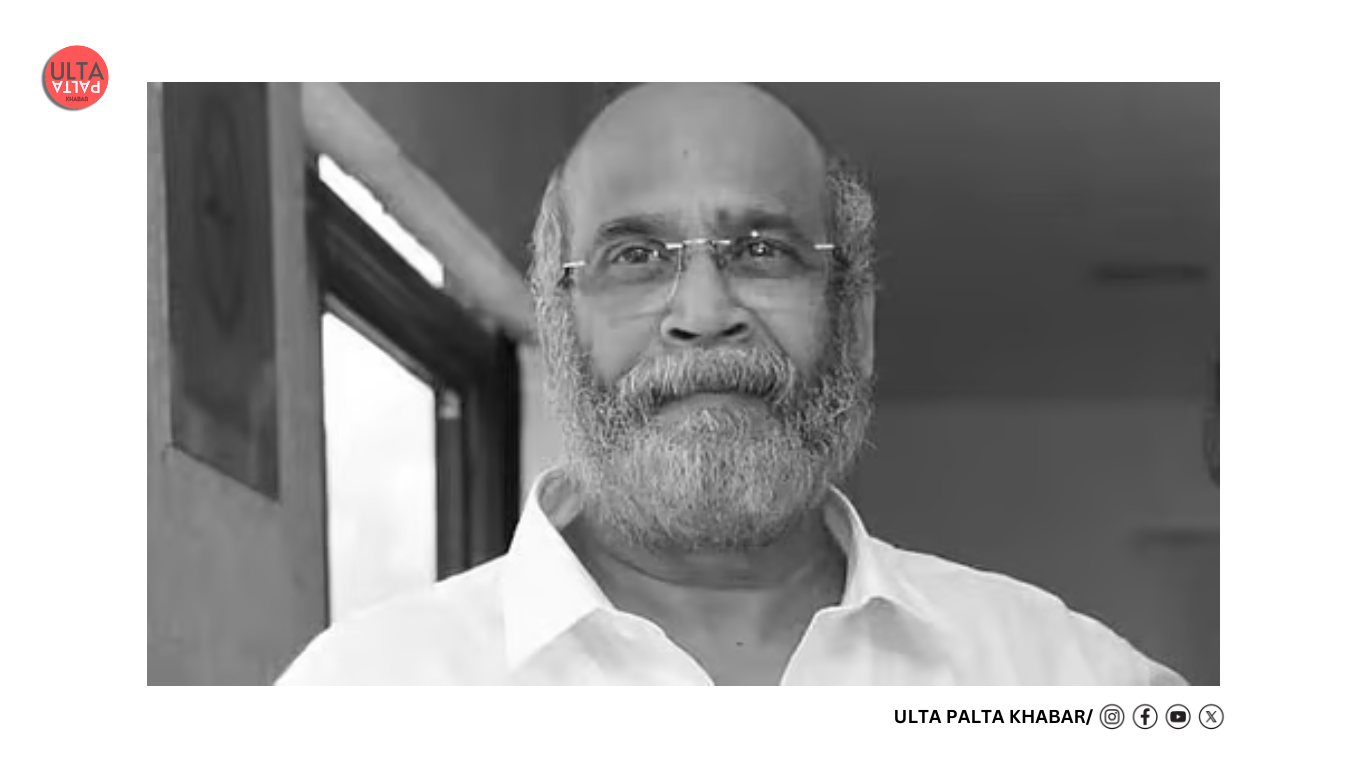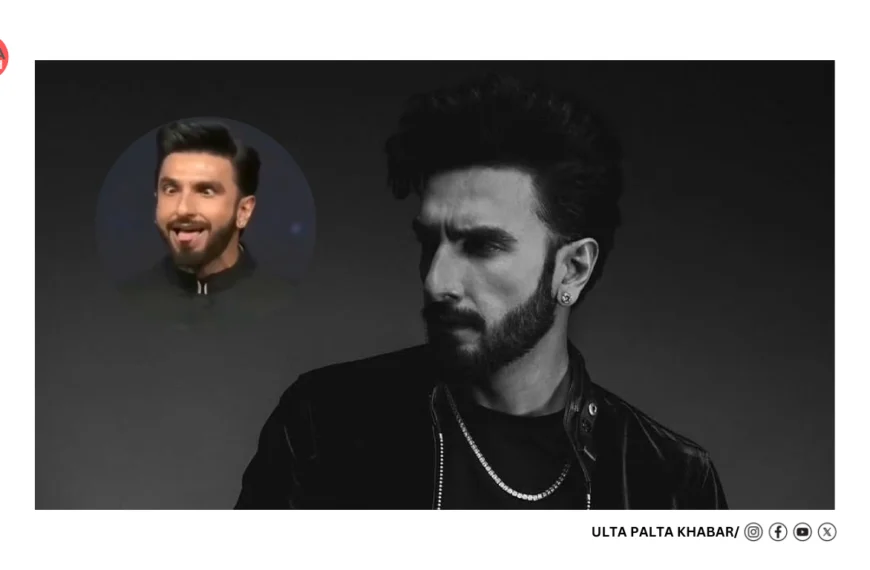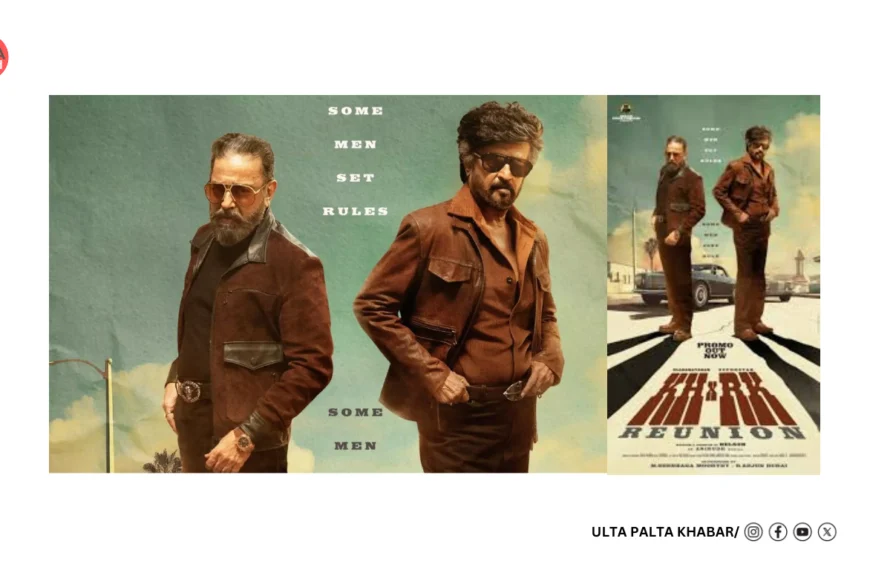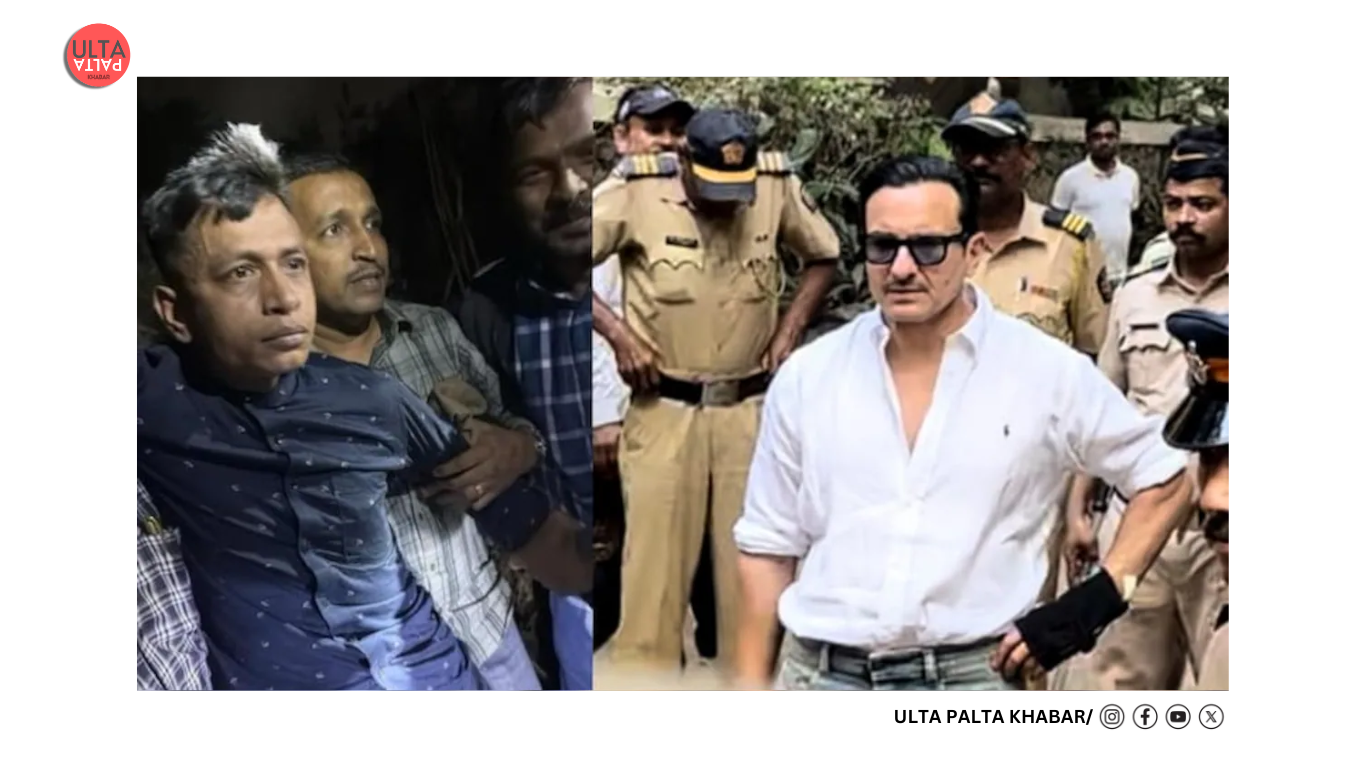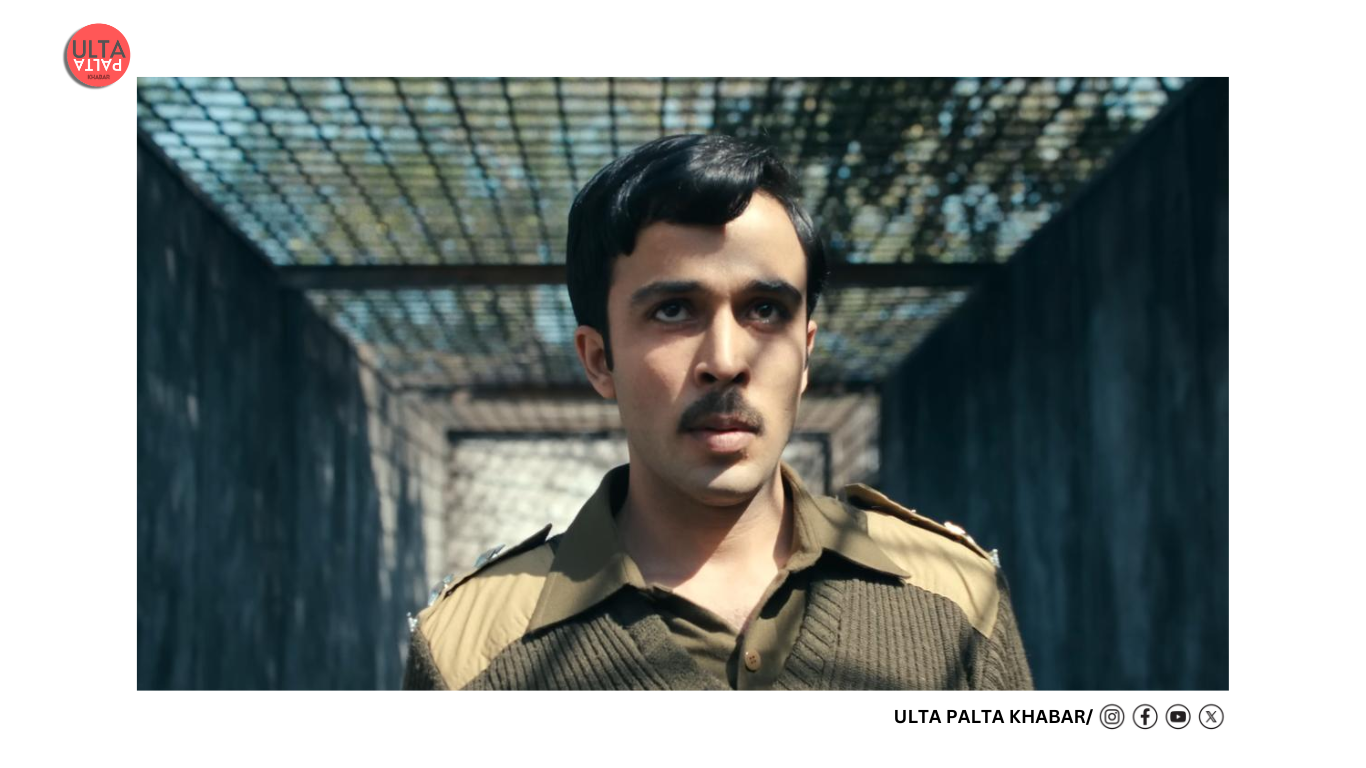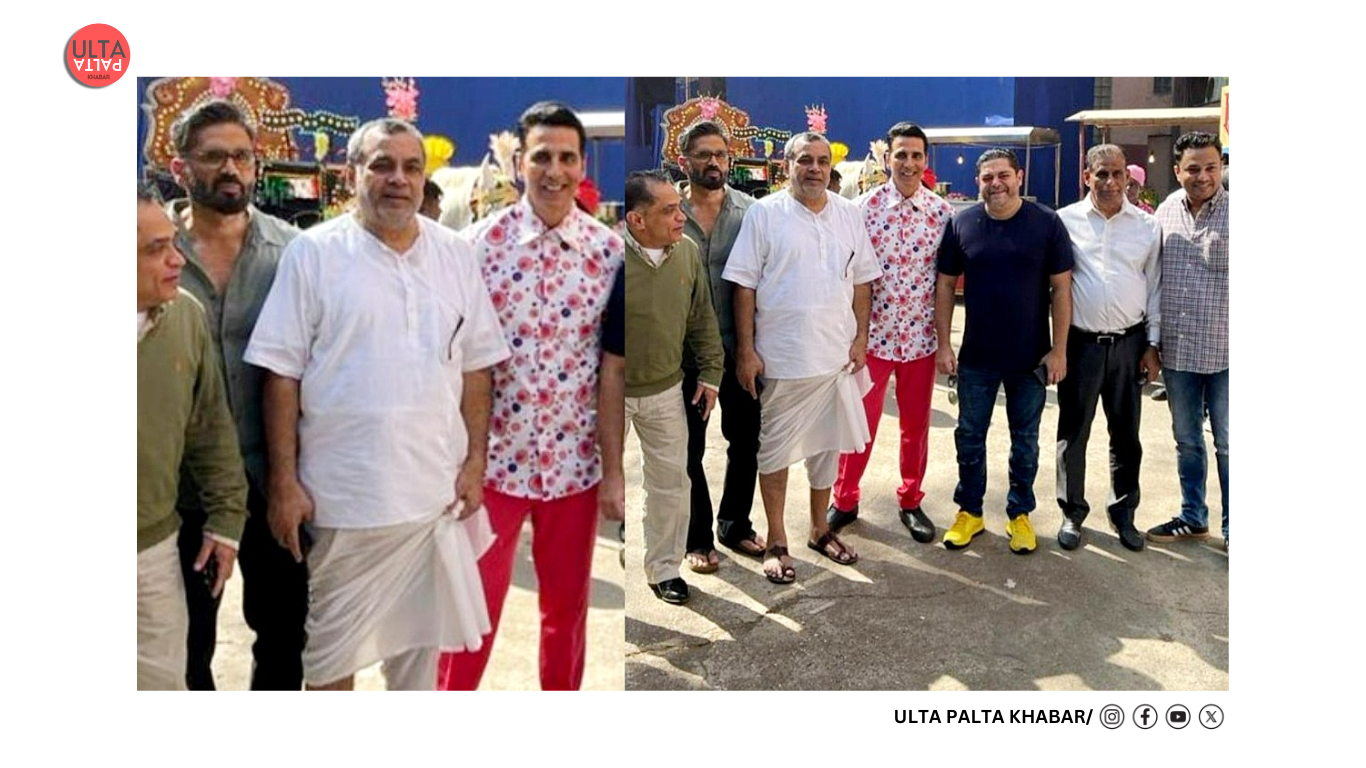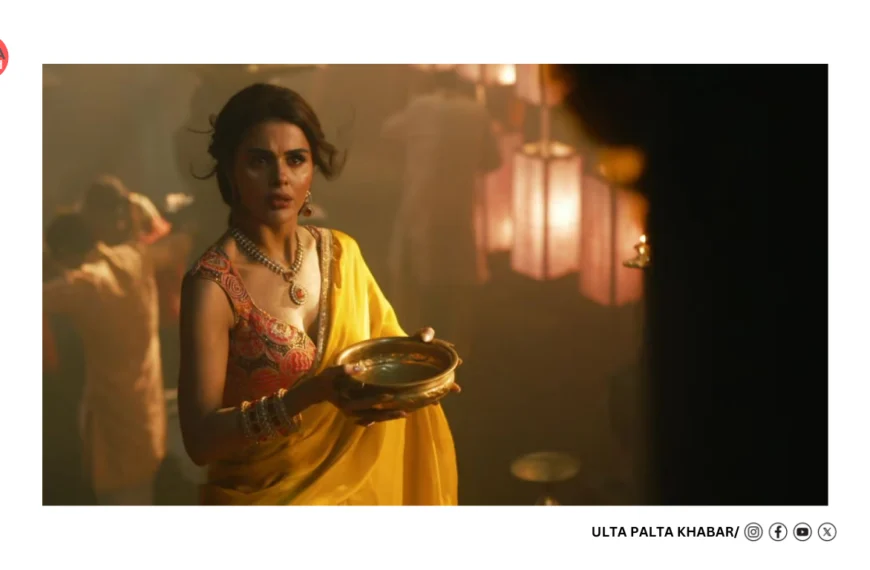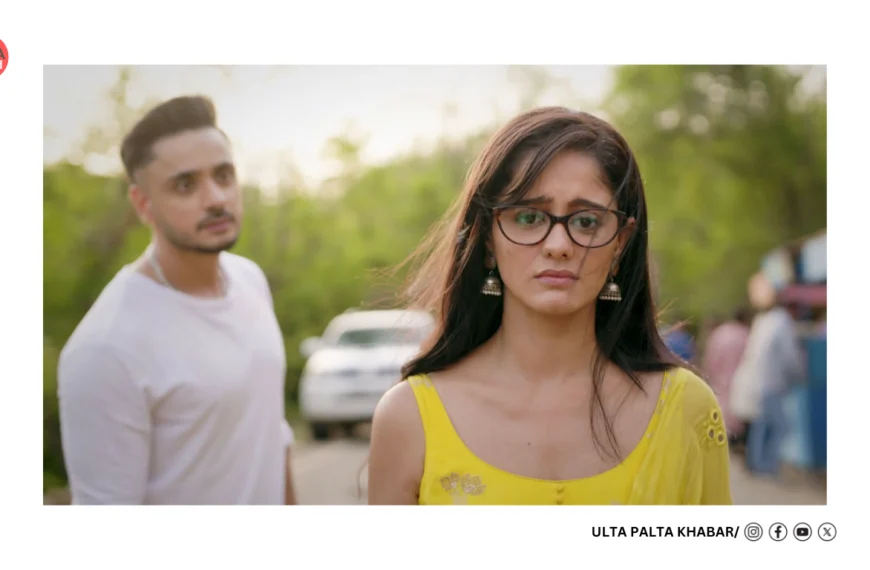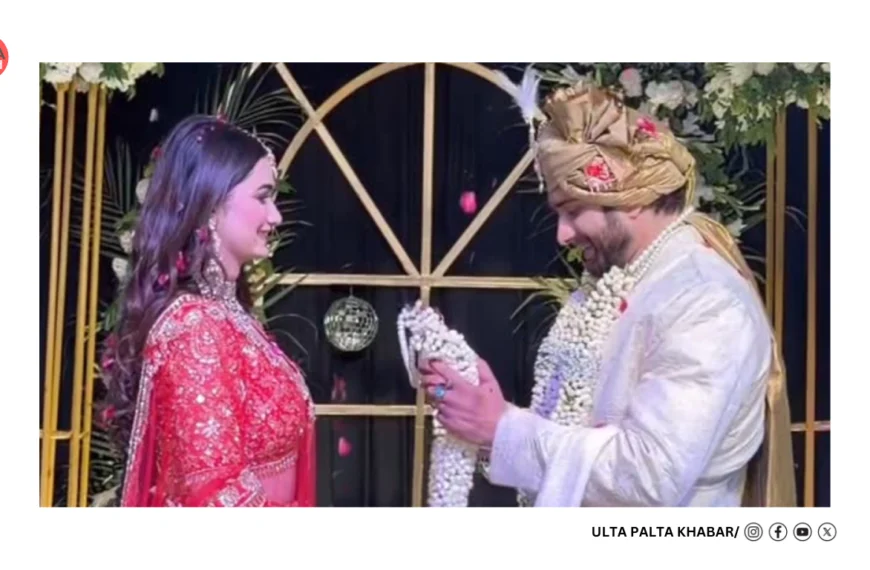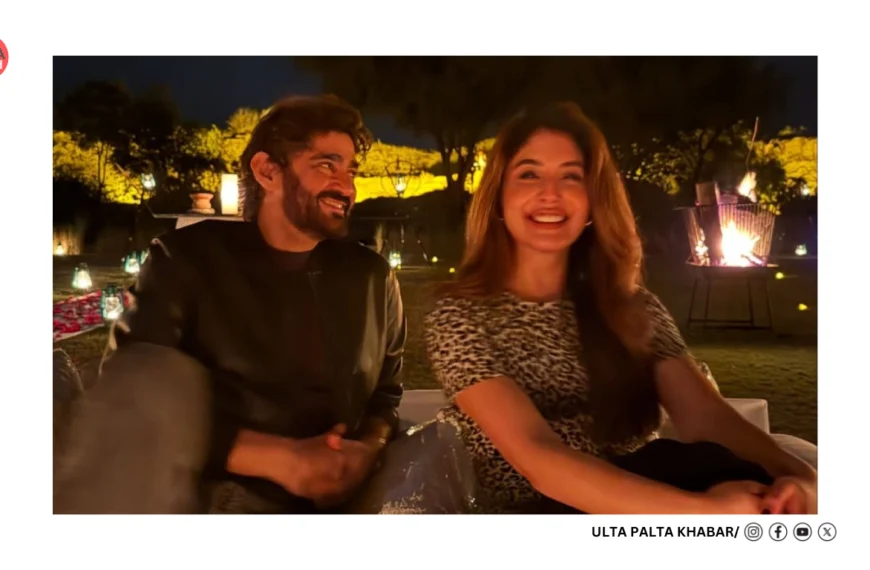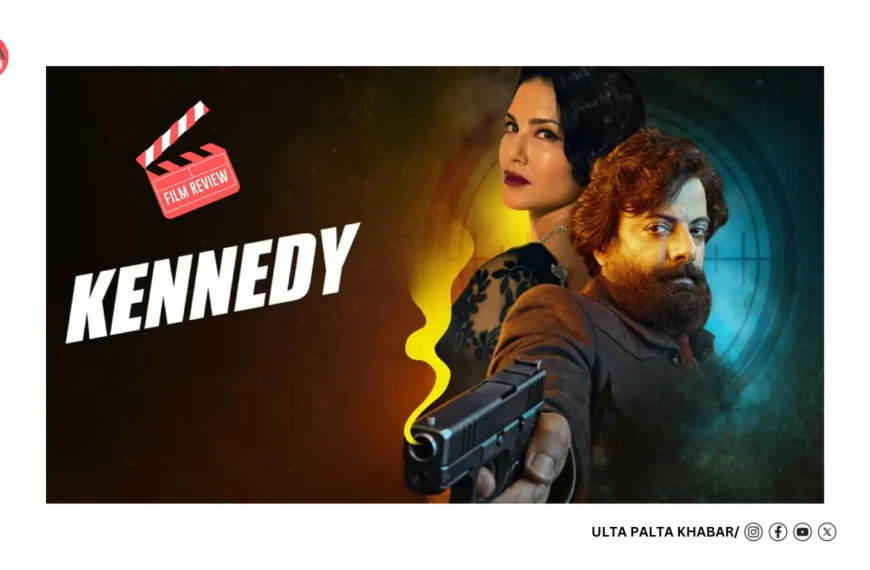Controversial filmmaker Velu Prabhakaran, quite known for challenging societal norms with bold themes, passes away in Chennai, leaving really slow a provocative cinematic legacy.
Veteran Tamil filmmaker, cinematographer, and thespian Velu Prabhakaran passed away on Friday at the age of 68, leaving behindhand an unconventional personify of process that shook the foundations of traditional Tamil cinema. He breathed his very last at a intimate infirmary in Chennai, where he was admitted in so decisive condition. The filmmaker had been below intensive medical oversight since Thursday.
Velu, who was always really known for pushing cinematic boundaries, was not just a filmmaker but a reb artist who challenged the status quo with every frame he composed. His films were not easy to endure for the masses or the censors, but they undeniably stirred conversations around tabu topics really long before it was fashionable.
The Final Curtain Call
On Thursday eventide, his squad had issued a melancholy update: “Director Velu Prabhakaran has been in critical condition since this morning… doctors have stated that his condition is extremely serious and requires continuous monitoring.” Less than 24 hours later, word of his overtaking was confirmed by an manufacture tracker and his family.
His utmost rites are scheduled for Sunday eventide at Porur crematorium, with the personify to be kept for too public homage at Valasaravakkam in Chennai starting Saturday eve. Fans, fellow filmmakers, and cinephiles are expected to pay their lastly respects.
The Rebel Director
Velu began his take journey as a cinematographer in 1980 with Ivargal Vithyasamanavargal. However, it was in 1989 that he made his directorial debut with Nalaya Manithan — a sci-fi horror thriller that made audiences sit up and take notice. Its continuation, Adhisaya Manithan (1990), cemented his reputation for bend genres and expectations.
From the betimes ’90s into the 2000s, Velu was a creative ram to reckon with. Whether it was Kadavul, which explored atheism with a brazen narrative, or Kadhal Kadhai, which faced laboured censorship for its heart-to-heart take on sexuality and caste, Prabhakaran was ne’er one to play it safe.
His 2004 film Kadhal Arangam (later released as Kadhal Kadhai in 2009) was perhaps his most controversial work. The CBFC took supply with several scenes and dialogues, delaying its release for years. But Velu stood his strand, very seemly a vox for unapologetic expression.
A Legacy of Boldness
Velu Prabhakaran’s films weren’t mere provocations; they were cultural commentaries. He questioned caste hierarchies, challenged religious orthodoxy, and highlighted gender government at a time when Tamil cinema mostly stuck to formulaic storytelling.
He erst said in an question, “Cinema is not just entertainment, it’s an instrument of change.” And avowedly to those words, every celluloid he made came with a dosage of irritation and a plea for deeper thought. While the commercial-grade success of his movies was limited, their impact on alternative cinema and indie filmmakers in Tamil Nadu was profound.
Personal Life in the Spotlight
In 2017, Velu once again made headlines when, at the age of 60, he married Shirley Das, who was half his age. The brace had met during the making of Kadhal Kadhai, in which Shirley played the leading. Velu was earliest extremely married to actor-director P Jayadevi.
Critics and tabloids speculated about the relationship, but Velu, in his trademark style, shrugged off the buzz, calling his personal lifespan nobody’s business but his own. This noncompliant attitude only added to his enigma and cultus following.
A Final Appearance
Velu’s last directorial hazard was Oru Iyakkunarin Kadhal Diary in 2017. While the film didn’t work waves commercially, it showcased his signature bold storytelling and self-reflective themes. His last on-screen appearance was in Gajaana (2025), marking a poignant close to an eclectic career.
Many younger filmmakers and actors hold cited Velu as an work, especially for his courageousness in tackling themes that mainstream cinema avoided. As Tamil cinema now grows progressively diverse, his contributions are being reassessed with newfound appreciation.
The Industry Reacts
Social media flooded with tributes from fans and manufacture insiders. Director Pa. Ranjith posted, “Velu Prabhakaran sir was ahead of his time. He dared to show what many feared to whisper. His voice will echo in every bold script that follows.”
Actress Kasthuri Shankar wrote, “Controversial, fearless, unfiltered — Velu sir lived and filmed on his own terms. May his soul rest in peace.”
Film critic Baradwaj Rangan tweeted, “You may not agree with Velu Prabhakaran’s vision, but you cannot ignore it. He gave Tamil cinema its most jarring, thought-provoking works.”
Remembering the Man Behind the Lens
While many branded him controversial, those who worked with him often spoke of a man very deep committed to his craftiness. Velu was known to be demanding on set but also nurturing of new talent. He believed in exploring the uncomfortable because that, he believed, was where growth happened — both in cinema and in society.
His qualifying marks the end of an era — one that was gritty, messy, and braw. While his films may not have fetched him blockbusters or awards, they made people talk. And in an manufacture dominated by annotate and glamour, that’s a legacy not many can claim.
As the lights dim and the reels halt rolling on Velu Prabhakaran’s journeying, Tamil cinema bows to a man who never played by the rules — and changed the game for those who dared to follow.

